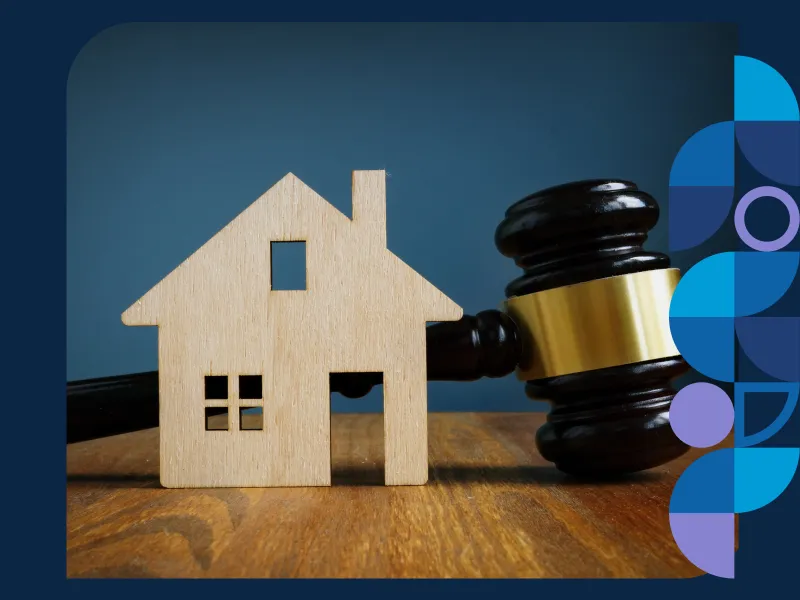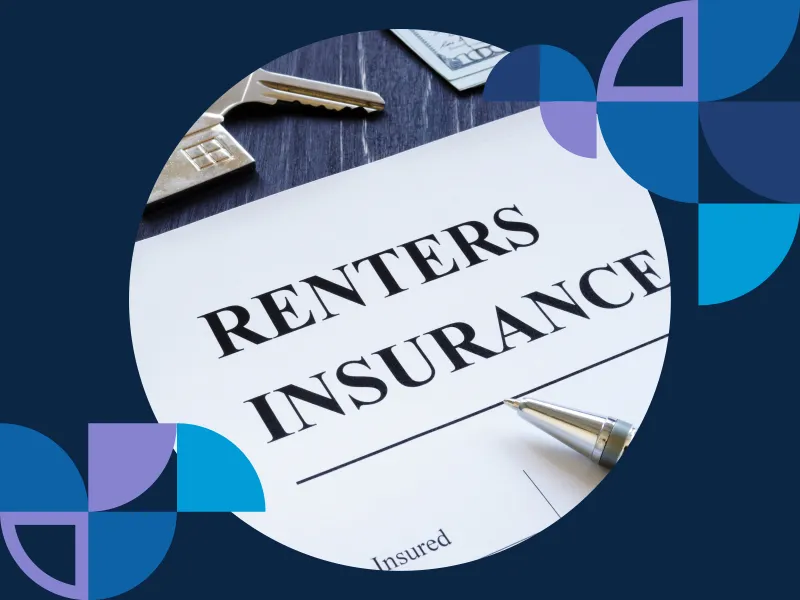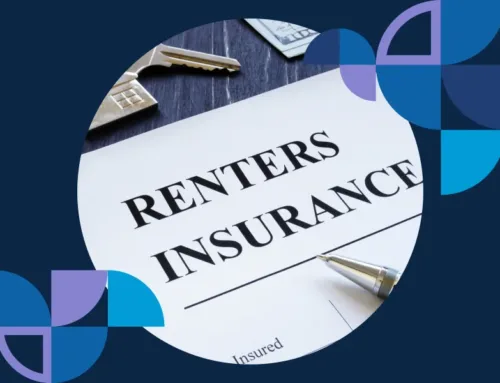In today’s rapidly evolving legal landscape, understanding your rights as a resident is more crucial than ever. Whether you’re renting an apartment, owning a home, or navigating neighborhood disputes, being informed empowers you to protect your interests effectively.
This article offers a comprehensive guide to the legal rights and responsibilities that come with residency, aiming to equip you with the knowledge needed to navigate complex situations confidently. From property rights to dispute resolution, we’ll cover the essentials in clear, accessible language, ensuring you’re well-prepared to uphold your rights and obligations.
The Key Sources of Resident Rights
Local Landlord-Tenant Laws
Local laws form the bedrock of rights and responsibilities for residents and landlords alike. These regulations, which can differ significantly from one city or state to another, dictate everything from security deposit limits to eviction procedures.
Given this variation, it’s essential for residents to familiarize themselves with the landlord-tenant laws specific to their locality. Resources are readily available online, including government websites and dedicated legal help portals, which provide up-to-date information tailored to your geographic area.
Staying informed ensures you can confidently navigate the rental landscape and assert your rights effectively.
The Rental Lease Agreement
The lease agreement serves as a cornerstone of the tenant-landlord relationship. This legally binding document outlines the rights and obligations of each party, covering aspects such as rent payment schedules, property maintenance, and conditions for lease termination.
Understanding your lease agreement is crucial before committing to a rental arrangement. Careful review of this document can prevent misunderstandings and disputes, ensuring both parties are clear about their roles and responsibilities.
Always take the time to read and comprehend your lease agreement thoroughly—consider consulting a legal expert if anything is unclear—to safeguard your rights as a resident.
Essential Resident Rights
Residents are entitled to certain fundamental rights that ensure their living environment is safe, private, and conducive to a quality life. Here are two essential rights every tenant should know:
- Right to Habitable Living Conditions
- Functional utilities and facilities: This includes access to running water, electricity, and heating.
- Proper sanitation and pest control: Rental properties must be kept clean and free from infestations to be considered livable.
- Right to repairs: Tenants have a right to prompt and necessary repairs of vital systems like plumbing, electrical, and heating to maintain livable conditions.
- Right to Privacy (with Reasonable Notice)
- Quiet enjoyment: Tenants have the right to enjoy their rented premises without unnecessary disturbances.
- Notice before entry: Landlords must provide reasonable notice, typically 24 to 48 hours, before entering a tenant’s unit, whether for repairs, inspections, or other legally valid reasons.
Understanding these rights can empower residents to demand the living conditions they are legally owed and ensure their rental experience is both positive and respectful of their privacy.
The Right to Safety and Security
Tenants have a fundamental right to safety and security in their rental properties, a critical aspect that landlords are legally obligated to uphold. Here’s what this includes:
- Adequate Security Measures: Landlords are required to provide basic security measures such as locks on doors, secure windows, and adequate lighting in common areas to prevent unauthorized access and ensure tenant safety.
- Compliance with Building Codes: Rental properties must adhere to local building codes related to fire safety, structural integrity, and other health and safety standards. This ensures the building is physically safe and minimizes the risk of accidents.
- Protection against Environmental Hazards: Landlords must ensure their properties are free from hazardous materials like lead paint and asbestos, and address any issues that could pose a health risk to residents.
These rights are designed to protect tenants from physical harm and provide a secure living environment. Understanding and asserting these rights can significantly enhance the quality of life for renters, providing peace of mind and a safe haven.
Tenants experiencing violations of these rights should report them to their landlord or local housing authority to ensure prompt and legal resolution.
Understanding Landlord Responsibilities
Landlords hold crucial roles in ensuring their rental properties are safe, secure, and comfortable for tenants. Here’s a breakdown of their key responsibilities:
- Maintaining the Property and Making Repairs:
Landlords are required to keep their properties in habitable condition, which involves conducting all necessary repairs promptly. This is essential to ensure the property remains safe and livable for tenants. Failure to address repair issues can result in fines and legal action from tenants. - Providing Essential Services (if applicable):
Depending on the lease agreement, landlords may also be responsible for providing essential services such as trash removal, water, and heat. The absence of these basic services can severely impact the living conditions and might constitute a violation of the lease terms. - Complying with Fair Housing Laws:
It is imperative for landlords to adhere to Fair Housing Laws, which protect against discrimination based on race, religion, sex, national origin, and other categories. Ensuring compliance with these laws is not only a legal requirement but also promotes fairness and equality in housing opportunities.
Diligently upholding these responsibilities enables landlords to enhance the rental experience, prevent potential legal complications, and foster a trusting, fair relationship with their tenants, contributing positively to a stable and respectful rental community.
Before you sign a rental lease, make sure to give it a good look-over. This isn’t just about checking dates and dollars; it’s about making sure your rights as a tenant—like privacy and the promise of a livable place—are clearly safeguarded, all lined up with local laws to keep things smooth with your landlord.
Resolving Disputes and Enforcement of Rights
Resolving disputes and enforcing tenant rights often involves clear communication and documented agreements between tenants and landlords.
When conflicts arise, it’s beneficial to address them through direct discussion or mediation to find amicable solutions. If issues persist, tenants have the right to seek legal recourse, which may include contacting local tenant unions, seeking arbitration, or filing a complaint with a housing authority.
Enforcement mechanisms, such as housing inspections and legal actions, ensure compliance with rental laws and protect tenant rights. Understanding these processes empowers tenants to effectively address issues and safeguard their living conditions.
In Conclusion
Understanding your rights and responsibilities as a resident is essential for a positive rental experience.
By being informed about local laws, lease agreements, and landlord obligations, you can confidently navigate your tenancy. Remember, a proactive approach to resolving disputes and enforcing your rights ensures a safe, fair, and respectful living environment.
Stay informed, communicate clearly, and don’t hesitate to seek legal recourse when necessary. Empower yourself with knowledge to make your rental experience both secure and enjoyable.







